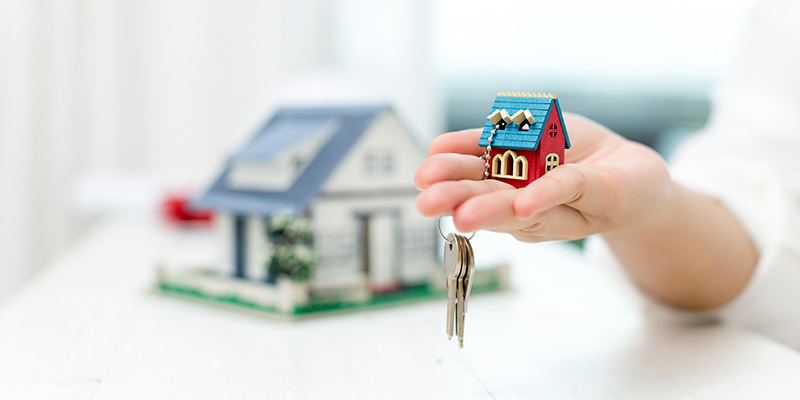You’re brand-new to the housing market. You’ve never owned a house before, but you’d like to plunge into the market soon and find your next home. Before you take the plunge, you should read these important tips for first-time homebuyers.
1. Use a Realtor, not a Real Estate Agent
Aren’t realtors and real estate agents the same thing? While these names are often used interchangeably, they do not describe the same role. It’s true that both roles are licensed to assist in the buying and selling of property in their state. But the main difference is that realtors are members of the National Association of Realtors, which has a strict code of ethics that they are supposed to follow. Real estate agents are not.
These are some codes they must follow:
- They must put the interests of the buyer or seller above their own.
- They must refrain from exaggerating/misrepresenting/hiding information about a property.
- They must make sure that written documents are easy to understand.
Hiring a realtor for your first homebuying experience is a wise choice. You’ll know that they are upholding a strict code of ethics while on the job and that they have your best interest at heart.
2. Do Not Skip a Home Inspection
Buyers can ask for a home inspection before closing on the real estate agreement. A home inspection is when a professional surveys the house and reports any potential issues, like visible mold on the walls, plumbing leaks and missing roof shingles. You do not want to skip this process — this could saddle you with a lot of expensive repairs to handle all on your own.
If the results of the home inspection are really concerning, you don’t have to go through the purchase. As long as your contract has a home inspection contingency, you’re free to walk away from the table.
If the results aren’t great, but you don’t want to walk away from the deal, you can negotiate the terms of your contract. You can ask the seller to fix the problems before you make the purchase. Or you can ask them to set the home’s purchase price lower. The savings that you’ll get from the lower price can be put toward the repairs.
3. Prepare for More than the Downpayment
The down payment isn’t the only cost that you need to consider in your budget. If you agree to purchase a house, you will also be responsible for paying the closing costs, which is a collection of taxes, fees, insurance payments and discount points. The closing costs are typically 3%-6% of the mortgage loan.
And if that’s not enough, you will want to budget for the costs of finally moving into your new home once your realtor hands you the keys. These costs will include setting up utilities and hiring a moving company to lug your belongings to your new address.
4. Start Building an Emergency Fund
You may not own a home just yet, but you will soon! And you won’t want to own a home without a fully stocked emergency fund sitting in your bank account. An emergency fund can help you cover urgent home repairs that will surface after you move in. For instance, maybe the old AC unit that the previous owners left behind stops working in the middle of a heat wave. You can use your emergency fund to get the unit repaired or replaced in a hurry so that you don’t have to suffer for too long in the summer heat.
Without an emergency fund, you might need to consider borrowing funds to resolve an emergency. You could charge the expense to your credit card, or you can try to apply for a line of credit online. If that line of credit application is approved, you can request a withdrawal within your credit limit. That withdrawal could help you pay off the expense quickly and move forward. After using a line of credit, you will have to replenish the credit in the account. You’ll have the freedom to re-use that credit again once it’s repaid.
Buying your first home is a huge decision. You don’t want to commit to that decision completely unprepared. So, follow these tips before you buy!


